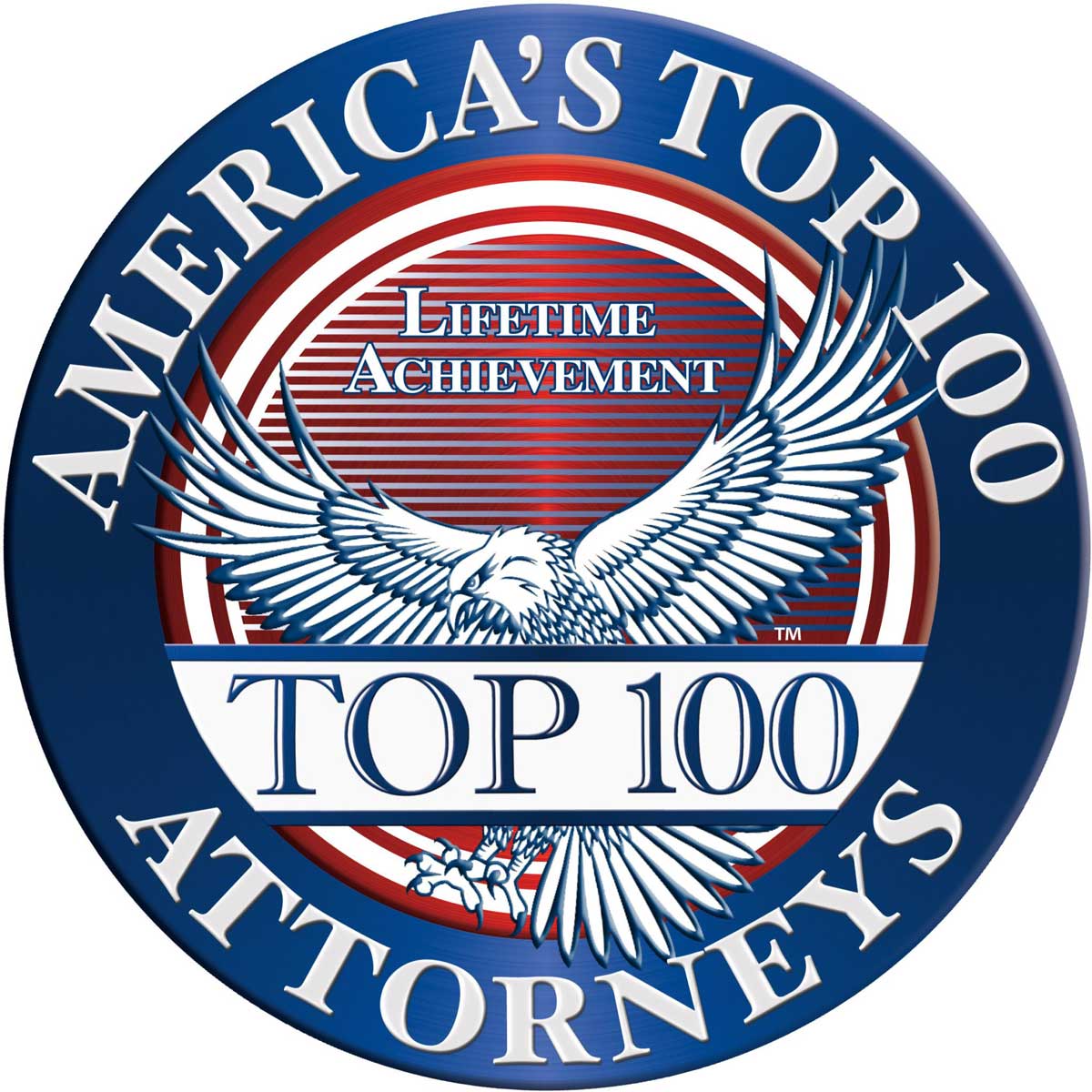The Pritzker Hageman Legionnaires’ Disease Law Firm is Investigating. Lawsuits are expected.
Updated: September 23, 2025
Summary: The Iowa Department of Health and Human Services (IDHHS) is investigating a Legionnaires’ disease outbreak centered in north central Marshalltown. As of September 22, 2025, 71 illnesses and two deaths have been reported. Investigators believe cooling towers are the likely source of the outbreak and are working with building owners to disinfect them. Lawsuits are expected.
Legionnaires’ disease is a severe form of pneumonia that people get when they inhale water vapor contaminated with Legionella bacteria. It isn’t contagious. If you or a loved one has pneumonia symptoms, seek medical care promptly.
Key Updates

- September 23. 2025: Iowa HHS releases updated information on outbreak victims; 71 people are now sick, and a second death has been reported.
- September 15, 2025: Iowa HHS releases updated information on victims, raising the total of people affected so far to 54. They also announced that they have narrowed their search for a source of the outbreak to ten rooftop cooling units in the area.
- September 4, 2025: Iowa HHS announces a Marshalltown Legionnaires’ “cluster” (34 cases, 1 death) and urges businesses with cooling towers, hot tubs, or fountains to review their water safety management plans and disinfect water systems. The agency is also recommending that area doctors test any patients with pneumonia symptoms for Legionnaires’ disease.
- August 24, 2025: A Marshall County resident who passed away was confirmed to have Legionnaires’ disease (reported later in an excellent Times Republican article).
What Is Legionnaires’ Disease?
Legionnaires’ disease is a severe, sometimes deadly pneumonia caused by Legionella bacteria. People get sick by inhaling aerosolized water droplets (mist) containing Legionella—not from person‑to‑person spread. Symptoms typically start 2–14 days after exposure and often include:
- High fever and chills
- Cough and shortness of breath
- Headache, muscle aches, fatigue
- Gastrointestinal symptoms (nausea, diarrhea) in some patients
Older adults (50+), smokers, and people with chronic lung disease or weakened immunity are at higher risk of severe illness. Early treatment improves outcomes.
What to Do If You Live, Work, or Recently Visited Marshalltown
- Monitor symptoms for 2–14 days after potential exposure.
- If you develop pneumonia‑like symptoms, seek care immediately and ask your provider about Legionella testing (urinary antigen test and culture).
- Document your movements (addresses, dates, businesses visited, hotel stays, pools/hot tubs, gyms, hospitals/clinics) for the two weeks before symptom onset.
- Save records: receipts, hotel folios, timestamped photos, membership check‑ins, travel/ride‑share logs.
- Contact us to protect your legal rights and start an independent investigation (contact us online).
Your Legal Rights in Iowa After a Legionnaires’ Diagnosis
Legionella bacteria growth is a well known serious risk in large water systems and building owners are expected to understand the risk and take steps to prevent it. Large facilities are expected to maintain an effective water management program to control Legionella. Failure to implement and maintain such a program, or to properly disinfect after hazards are known, can support negligence claims.
Damages may include: medical bills, lost wages/earning capacity, rehabilitation, pain and suffering, and, in fatal cases, wrongful death damages for the family. Iowa generally requires personal injury and wrongful death lawsuits to be filed within two years of injury or death (exceptions can apply). Don’t wait—evidence can dissipate quickly.
How We Investigate (and Win) Legionnaires’ Cases
Our Legionnaires’ team conducts a three‑pronged investigation:
- Epidemiology: Interview clients and review health‑department data to pinpoint likely exposure windows and common locations among cases.
- Environmental: Coordinate independent sampling and obtain maintenance/monitoring records (chlorine residuals, temperature logs, filter changes, disinfection events, biocide schedules).
- Laboratory: When possible, match a patient’s Legionella isolate to environmental samples using advanced typing (genetic “fingerprinting”).
Frequently Asked Questions (Marshalltown, IA)
How do people get Legionnaires’ disease?
By inhaling mist containing Legionella bacteria (e.g., from cooling towers, showers, hot tubs, decorative fountains). It does not spread person‑to‑person.
What tests confirm Legionnaires’?
Doctors often order a urinary antigen test and a respiratory culture. A chest X‑ray confirms pneumonia.
If I stayed at a hotel or used a hot tub in Marshalltown, what should I do?
If you have symptoms, seek care now and tell your doctor where you stayed/visited so they can consider Legionella testing.
Who could be held liable?
Potentially the property owner/operator and/or maintenance contractors if they failed to maintain a safe water system or ignored warning signs.
What is the deadline to file a claim in Iowa?
Generally two years from the injury (or death, for wrongful‑death claims). Talk to an attorney as soon as possible—deadlines and exceptions vary.
Pritzker Hageman has a Proven Track Record with Legionnaires’ Cases
Pritzker Hageman is one of the few law firms in the country with experience handling Legionnaires’ disease claims. We actively investigate outbreaks nationwide and have won significant settlements for victims and families, including cases involving contaminated cooling towers, plumbing, hot tubs, and decorative fountains.
Our Legionnaires’ disease attorneys represent clients with Legionnaires’ disease and families who have suffered the wrongful death of a loved one. To request a free consultation with our experienced Legionnaires’ Team, call us at 1-888-377-8900 (toll-free), text 612-261-0856, or use the form below.
Contact our Legionnaires’ team today and find out how you can get compensation and justice
1-888-377-8900 (Toll-Free) | [email protected]

We’re here to help you navigate this challenging time and will work tirelessly to advocate for you.
We have obtained 100+ separate verdicts and settlements greater than $1 million:
We obtained this result on behalf of three people sickened in a Legionnaires’ disease outbreak at a resort hotel.
We obtained this settlement on behalf of six people impacted by a Legionnaires’ disease outbreak linked to a hotel hot tub.
Our client contracted Legionnaires’ disease at a hotel and was hospitalized for eight weeks.
We obtained this settlement on behalf of the family of a woman who died after contracting Legionnaires’ Disease.
Our client contracted Legionnaires’ disease at a hotel and was hospitalized for over a month
We obtained this settlement for a woman sickened with Legionnaires’ disease after being exposed in a hotel hot tub.
We obtained this settlement for the family of a 52-year old man who died of Legionnaires’ disease linked to a hotel.
We recovered this settlement for the family of a 50-year old man who died of Legionnaires’ disease after being exposed to legionella bacteria at a hotel.
Collected on behalf of the family of a man who died as a result of Legionnaires’ Disease contracted while staying at a Wisconsin resort.
See more settlements & verdicts.
The Pritzker Hageman law firm and our attorneys have been recognized in:
U.S. News & World Report

Pritzker Hageman has been recognized as one of the best law firms for personal injury litigation by U.S. News & World Report every year the award has been given since 2012.
Super Lawyers®, Thomson Reuters

Attorneys at Pritzker Hageman have been awarded the peer selected Super Lawyers distinction every year since 2004.
America’s Top 100 Attorneys®

Lifetime Achievement selection to America’s Top 100 Attorneys®.
Three Time Attorneys of the Year

Pritzker Hageman lawyers have been named Attorneys Of The Year by Minnesota Lawyer three times.
Additional Information About Legionnaires’ Disease
- Legionnaires’ Disease Frequently Asked Questions (FAQs)
- Where Does Legionnaires’ Disease Come From?
- Legionnaires’ Disease: Symptoms and Diagnosis
- What to do if You Contract Legionnaires’ Disease
- Legionnaires’ Disease: Determining Liability
- Legionnaires’ Disease: Lawsuits and Compensation
- Legionnaires’ Disease: Wrongful Death Cases
- Finding a Legionnaires’ Disease Lawyer
- Filing a Legionnaires’ Disease Lawsuit
- The Importance of Water Management Plans